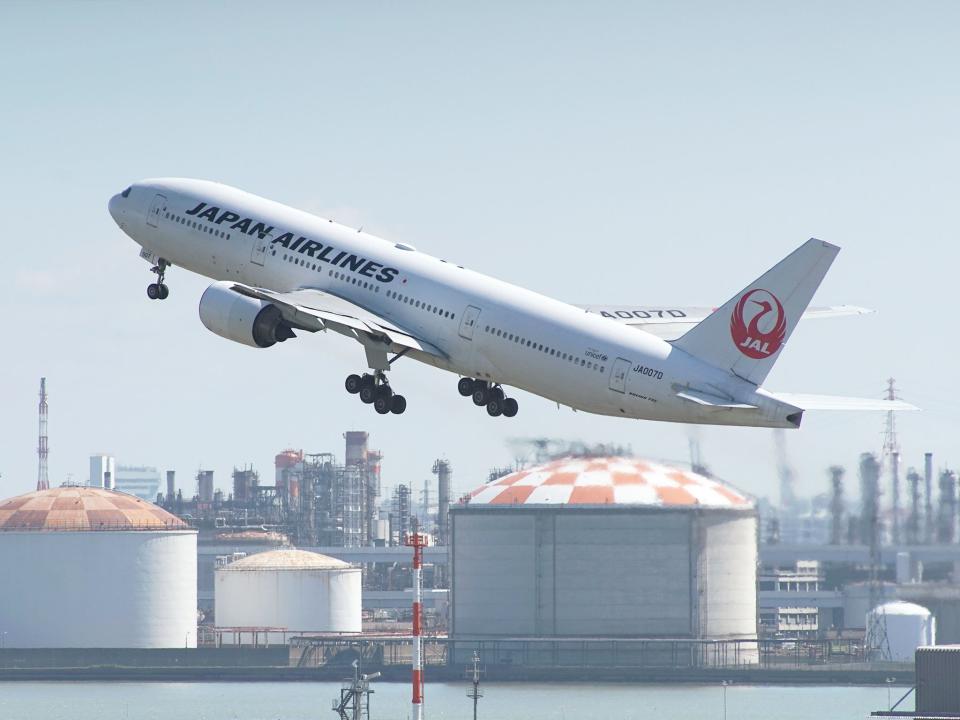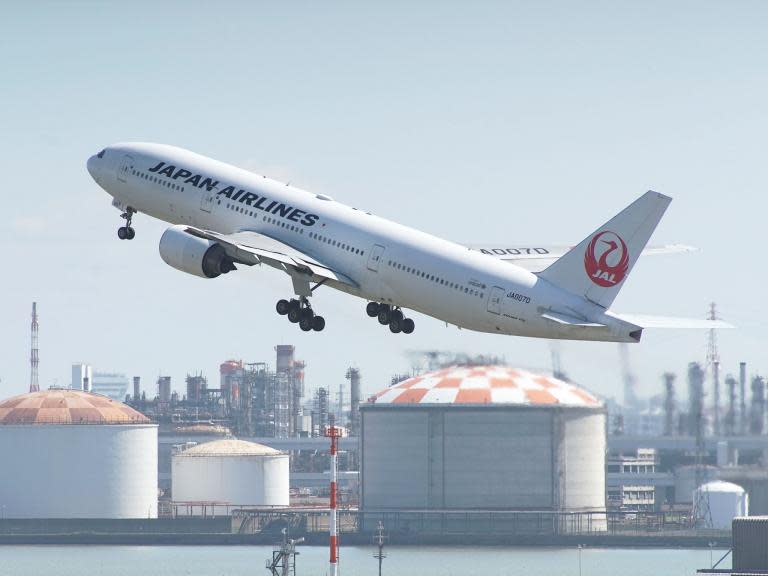Japan Airlines pilots failed alcohol breathalyser tests 19 times, report claims
Pilots at Japan Airlines have failed breathalyser tests on 19 occasions since last August, the country’s media has reported.
The revelation comes as the flagship carrier tries to reassure travellers its flights are safe following the recent arrest of a first officer who was almost 20 times over the airline’s alcohol limit.
Katsutoshi Jitsukawa was arrested at Heathrow last month ahead of boarding a flight back to Tokyo after he was found to have 189mg of alcohol per 100ml of blood in his system.
He had spent the previous evening downing two bottles of wine and five cans of beer, it was alleged.
The 42-year-old pleaded guilty to exceeding the alcohol limit at Uxbridge Magistrates Court on 1 November and will be sentenced later this month. He was nearly 10 times over the UK’s legal limit.
The 19 failed tests delayed 12 flights, the Mainichi Shimbun newspaper reported.
The pilots all exceeded the airline’s in-house limit of 0.1mg of alcohol per litre of exhalation, leading to fears that a widespread culture of drinking could be putting passengers in danger.
JAL has now said it is to start breathalysing pilots at all overseas airports, while also banning alcohol consumption in the 24 hours before a flight, instead of the current 12 hours. The measures will be introduced next week.
Japanese aviation law does not require pilots to take pre-flight breathalyser tests – instead, allowing such safety measures to be decided by individual airlines.
As a result, eight of the country’s 25 airlines do not routinely check pilots for alcohol, while 12 others only use simple devices that are said to be less sensitive.
But the new revelations could prompt the transport ministry to make testing mandatory, the Mainichi Shimbun suggested.
Issei Hideshima, a former JAL chief flight attendant and airline industry commentator, said stress caused by increasingly busy schedules may be behind the use of alcohol by pilots.
“Imposing stricter rules is not enough,” he told Kyodo news agency. “Pilots need to be given enough time between flights to rest and recover.”

 Yahoo News
Yahoo News 

